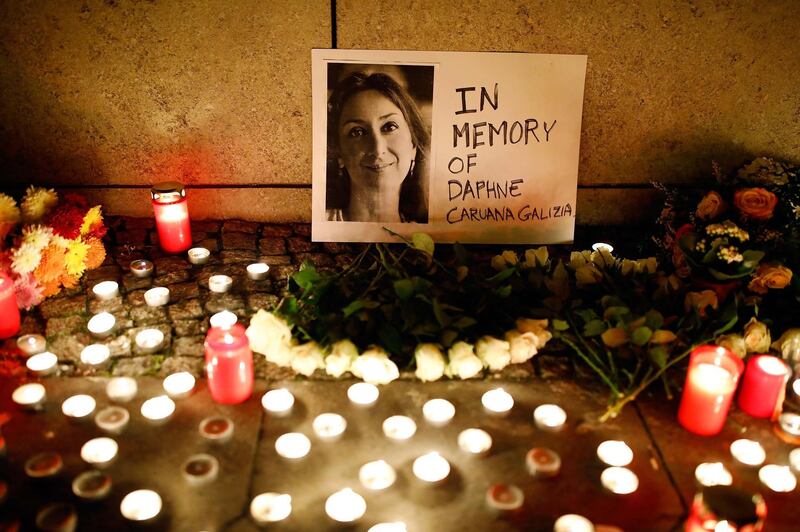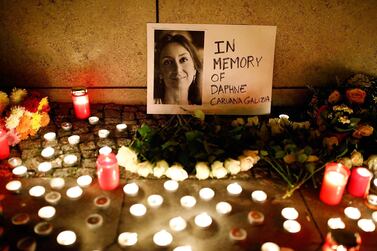The European Union has warned of action against Malta over its controversial passports-for-sale programme after a leak revealed that wealthy applicants planned to spend less than three weeks a year on the island to secure citizenship.
The leak of thousands of emails and documents from the architect of the scheme, London-based consultancy Henley & Partners, showed how wealthy applicants proposed to claim residency by renting apartments for a year and then leaving them empty, The Guardian newspaper reported.
Hundreds of families have applied for Maltese nationality under the scheme that started in 2014. The initial terms for a passport required €650,000 ($781,583) to be given to a national fund, investments in property on the island and a year-long residency.
But the leaked emails showed that applicants sought to exploit a lack of clear rules on the residency requirement.
The British newspaper said it reviewed 250 letters of intent from applicants from the early years of the scheme, detailing to the Maltese authorities how they planned to establish links with the country.
The letters showed the applicants planned to stay for an average of 16 days a year, while donating to charity and holidaying on the Mediterranean island to prove their links, it said. One internal email, following an inquiry from a Middle East applicant, questioned whether spending 7-14 days in Malta would be sufficient.
European Union lawmakers previously warned that the lack of controls on the scheme could turn the country into a money-laundering centre. The bloc said that schemes run by Cyprus and Malta could “undermine the essence of EU citizenship”.
It launched a legal process against the two countries last year, which could result in a finding that EU law has been violated. The two countries responded late last year and the EU said it was considering their responses.
“The Commission will not hesitate to take next steps, as needed,” said an EU spokesman. “As we have always maintained, European values are not for sale.”
Henley & Partners claimed the scheme had allowed Malta to spend millions on healthcare, social and cultural investments. Malta received more than €590 million in the first four years of the scheme.
But Maltese campaigners say the programme has increased the cost of housing on the island and created an easy route for potentially dirty money into the EU. Large numbers of Russians have applied through the scheme, as well as Chinese and Middle Eastern investors.
Henley said: “We are fully aware of the potential inherent risks in handling client applications for residence and citizenship and have invested significant time and capital in recent years to create a governance structure that is committed to the highest of standards, with due diligence at its heart.
“However, ultimately it is the responsibility of the countries involved to investigate and vet applicants."
It said that less than 1 per cent of applications had "been called into question or been found to have potentially misused" the system.
The scheme was the target of an investigation by high-profile Maltese journalist Daphne Caruana Galizia before her murder on the Mediterranean island in October 2017, when her car was bombed. The leaked documents were sent to a foundation set up in her name and it shared them with media organisations.
Before her death, the journalist claimed that politicians were involved in kickbacks from the scheme, allegations which were denied by the government.








